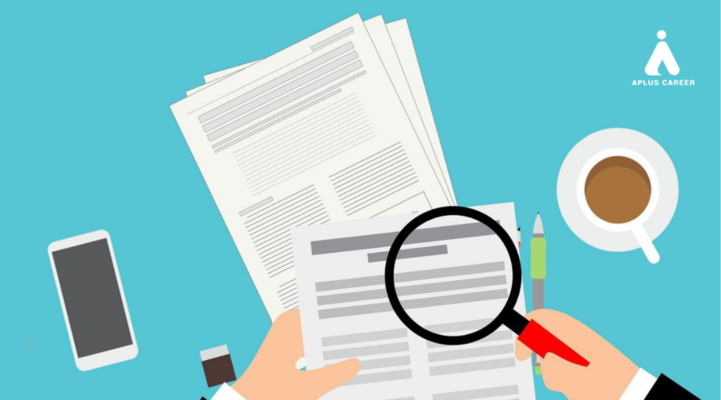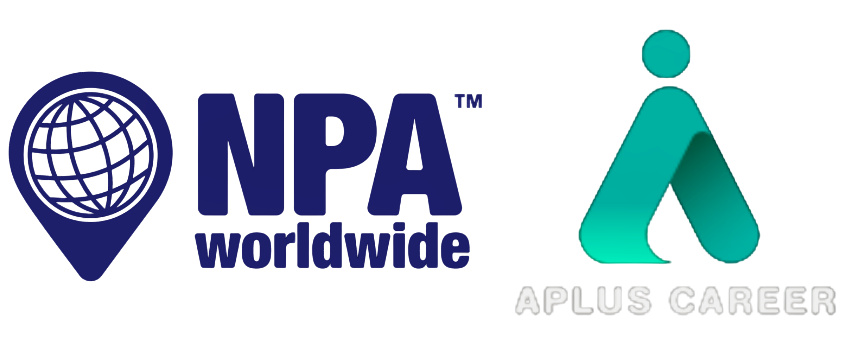Enhancing Talent Strategies: The Importance of Assessment Tools in Hiring and Development
 In today’s competitive job market, finding the appropriate candidate is more difficult than ever. At APlus Career, we think that assessment tools are more than just a way to speed hiring; they are an essential resource for empowering talent and promoting growth. When utilized successfully, these technologies improve decision-making, minimize bias, and help candidates and organizations reach their full potential.
In today’s competitive job market, finding the appropriate candidate is more difficult than ever. At APlus Career, we think that assessment tools are more than just a way to speed hiring; they are an essential resource for empowering talent and promoting growth. When utilized successfully, these technologies improve decision-making, minimize bias, and help candidates and organizations reach their full potential.
There are several types of assessment tools available in the market, each having a particular purpose:
- Cognitive Ability Tests examine problem-solving, critical thinking, and learning agility, identifying applicants who succeed in complicated tasks.
2. Behavioral and personality assessments, such as MBTI or DISC, help identify personality traits, communication styles, and team compatibility.
3. Skills-Based Assessments: These assessments evaluate job-related competencies and are especially useful for occupations that require technical or hands-on experience.
4. Emotional Intelligence (EI) Assessments: These instruments assess emotional awareness, interpersonal skills, and resilience, which are critical for effective leadership and teamwork.
5. Situational judgment tests (SJTs) simulate real-world settings to assess decision-making, flexibility, and ethical reasoning.
6. Gamified Assessments: Interactive activities assess behavioral traits and problem-solving skills in an engaging and novel way.
Assessment tools are a significant innovation in a modern recruitment, enabling organizations to make data-driven, well-informed decisions. Throughout the recruiting and talent development process, they contribute value in the following ways:
broader insights
Traditional resumes and interviews frequently fail to reveal a candidate’s true potential. Assessment tools go deeper, revealing abilities, skills, and personality qualities that may not be apparent during early exchanges. Situational judgment assessments can identify leadership potential in junior applicants, while technical aptitude for emerging technologies can be judged without direct experience.
These insights enable companies to see beyond traditional indicators of success, allowing them to find high-potential individuals who would otherwise go unnoticed.
Enhanced objectivity.
Human prejudices, conscious or unconscious, might unintentionally influence employment decisions. Assessment tools promote consistency and fairness by offering consistent evaluation parameters for all candidates, minimizing the impact of personal preferences.
Data-driven comparisons enable hiring managers to prioritize relevant skills and qualifications over subjective perceptions.
This neutrality promotes diversity and inclusion by ensuring equal opportunities for all candidates, regardless of background.
Improved job fit.
A poor hire comes at a considerable cost in terms of production and team morale. Assessment tools help to reduce this risk by aligning candidate talents with role requirements. For instance, a cognitive ability test can identify individuals who excel in fast-paced problem-solving contexts, while a personality evaluation assures fit with the company’s culture and team dynamics.
Organizations gain from greater employee engagement, productivity, and lower turnover rates when they ensure the appropriate match.
Strategic Talent Development.
Assessment tools are useful for more than just hiring; they are also beneficial to employee development. Organizations can utilize them to identify training needs and skill gaps.
• Create tailored career development strategies to help employees attain their full potential.
• Encourage succession planning by identifying and preparing future leaders for growth.
This proactive strategy boosts employee satisfaction, improves internal mobility, and ensures a strong pipeline of talent for the future.
Assessment tools are about more than just finding the perfect person for the job; they are about investing in people, preparing them for success, and creating a more equal and forward-thinking workplace. When applied wisely, these instruments create the foundation for both immediate and long-term organizational success.
Using Assessment Tools Effectively.
APlus Career’s Perspective To maximize impact, businesses should integrate assessment tools thoughtfully:
1. Adopt a holistic approach: Use assessments in conjunction with interviews and other techniques of evaluation to gain a thorough understanding of prospects.
2. Be transparent and supportive: Share assessment findings with candidates and provide constructive suggestions to help them improve their experience.
3. Customize to meet needs: Customize evaluations to fit specific job functions and corporate goals.
4. Focus on Development, not Elimination: Assessments should be used to uncover potential and design development plans, not as a hard filter for rejection.
At APlus Career, we believe that assessment tools should be considered as a means of supporting and developing potential, rather than as barriers. They should highlight prospects for growth and development.
• Ensure candidates feel appreciated and supported during the hiring process.
• Create a culture of continual improvement and employee involvement.
When utilized with intention and care, assessment tools may improve the hiring process by strengthening teams, revealing hidden talent, and paving the way for long-term success.
Are you ready to improve your talent strategies? Let’s talk and see how we can help.
#TalentDevelopment #AssessmentTools #HiringInnovation #APlusCareer
